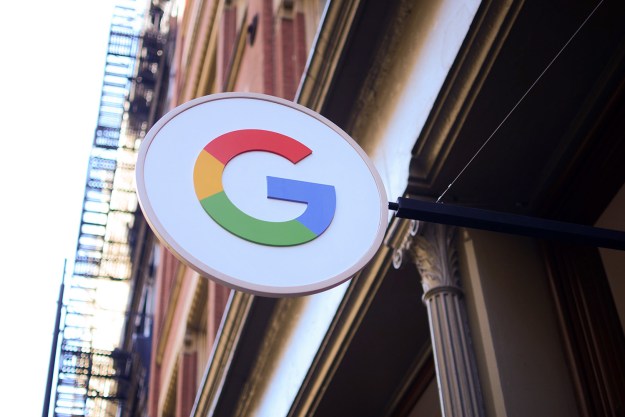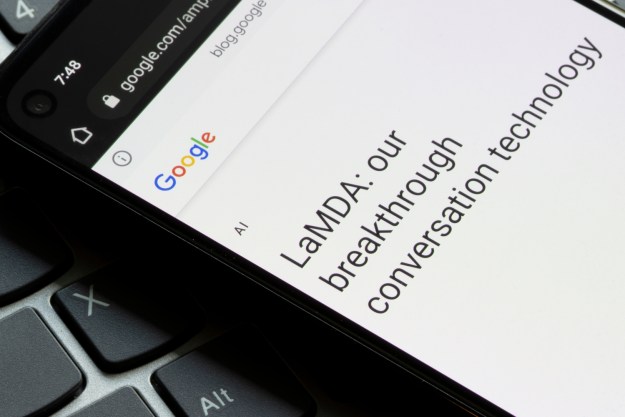
Google CEO Sundar Pinchai has attempted to tamp out the fires of dissent in his company after employees scheduled a protest against an alleged project that would see Google develop a censored search engine for use in the Chinese market. Pinchai claimed that such a project was “not close to launching,” in China, but that Google was looking into how it could operate more in the country than it does at this time.
The relationship between Google and China over the years has been a rocky one. Google once enjoyed a more than 36 percent share of the Chinese search market, but due to a combination of China’s Great Firewall and Google’s decision to pull some of its services in response to alleged hacks by Chinese state-sponsored hackers, today it has just over one percent. Many of Google’s key services aren’t available in China, either.
More recently though, reports appeared to suggest that Google was working on a new, censored search engine for use in China. More than 1,000 Google employees protested this news, stating that they did not want their work to be used in support of state censorship. Pinchai responded by speaking at a weekly meeting at Google’s California headquarters, where he said that Google was “not close to launching a search product in China,” as per CNet.
That sort of language may not go far enough though, as it doesn’t do anything to quiet fears that such a project is in the works, but only states that it won’t be launching anytime soon. If Pinchai doesn’t want to see employees leave or protest again, he may need to offer them more than such an empty suggestion. As was evidenced when Google employees protested the company’s involvement with Project Maven, a project which helped the U.S. Government use A.I. to improve the accuracy of drone strikes, Google’s workforce can be steadfast in their demonstrations.
If Google does end up re-entering the Chinese search market, it will find stiff competition. Baidu currently occupies almost two-thirds of the market, with other Chinese-developed engines like Sogou and Qihoo 360 picking up much of the rest. More common western search engines like Bing and Yahoo also have a piece of the pie, but their shares are far smaller than what they enjoy in the U.S. and other territories.
Editors' Recommendations
- Reddit seals $60M deal with Google to boost AI tools, report claims
- How to generate AI art right in Google Search
- Google witness accidentally reveals how much Apple gets for Safari search
- Google’s ChatGPT rival just launched in search. Here’s how to try it
- You don’t have to use Bing – Google Search has AI now, too




